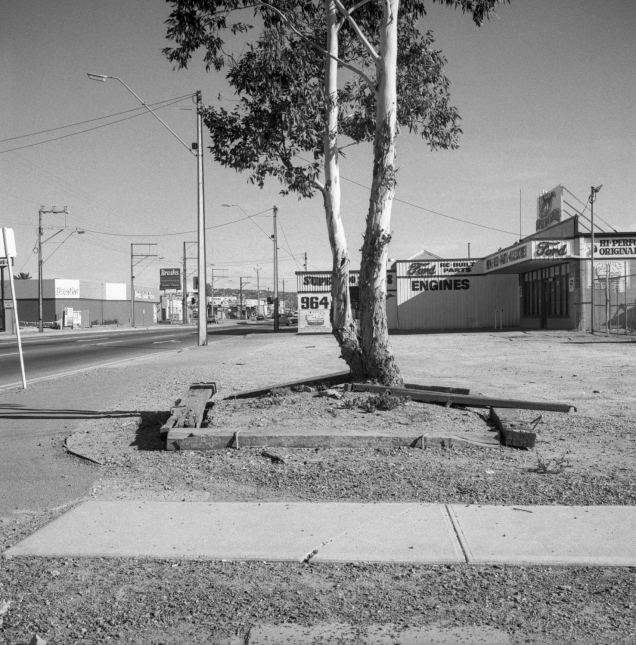The next stage in the archive project after The Bowden Archives is a book with Adam Dutkiewicz entitled Adelaide Photography: from the 1970s –2000 to be published by Moon Arrow Press. It is a historical project that is a step to filling in the large gaps in the history of Australian photography and Adelaide’s late 20th century visual culture.

Adam and I have talked about starting work on the Adelaide photography book after he has completed A Visual History of the Royal South Australian Society of Arts 1856-2016 Volume 2 book. At this stage the start would be towards the end of 2017, or the beginning of 2018.
It is envisioned that the proposed Adelaide photography book would consist of a portfolio of 6-8 images for a number of art photographers in Adelaide active in the last quarter of the 20th century. The number of photographers is unclear at this stage–maybe 10-12, but I personally don’t know who was photographically active then nor the body of work that they produced. However, the Words and Visions journal that was published in the 1980s would provide a starting point for research. Hopefully, the photographers are still living and have retained their negatives. That is as far as we have got to at this point in time.
I am sure that Adam will write an art historical essay about photography and the visual arts in Adelaide in this period. Maybe I could write a brief essay that contests the view that art photography does not matter and that it is just like any other photography by defending the core assumption of art photography; namely, aesthetic autonomy at a time when art is increasingly being appropriated by the culture or entertainment industry and so becomes a commodity to be bought and sold for extra-aesthetic reasons. Though art works become more and more commodities during this period, neither their use value nor their value as commodities, constitute them as works of art.
How do you explain this?
The issue here is that when science de-mythologizes nature and represents nature as a machine regulated by natural law and capitalism leads to nature being regarded in terms of profit that can be extracted from it, then art, as the product of human freedom, becomes the placeholder for other ways of seeing nature and human activity. It represents what has been repressed by a limited conception of reason, namely instrumental reason. What is repressed is the immediacy of the individual’s particular relationship to the world.
The argument by the early Romantics is that the importance of art results from the realisation that if collectively warrantable truth is only available in the form of natural science based on casual relations and objective observation, then we will be living in a meaningless world. After Kant, aesthetics becomes the philosophical realm where meaning based on more than the sciences is sought.The concern is to preserve a sphere of meaning that cannot be subsumed into the demands of scientific or economic rationality. Hence the idea of aesthetic autonomy that is connected to the search for meaning in a world where the significance of individual existence (such as the irreducibility of pain or the loss for the individual suffering it) is subordinated to the general; a search in which individual subjectivity fails to find a truth which would make it at home in the world.
Aesthetic autonomy is linked to individual freedom, sensuous particularity and language.
6 thoughts on “Adelaide Art Photography: 1970-2000”